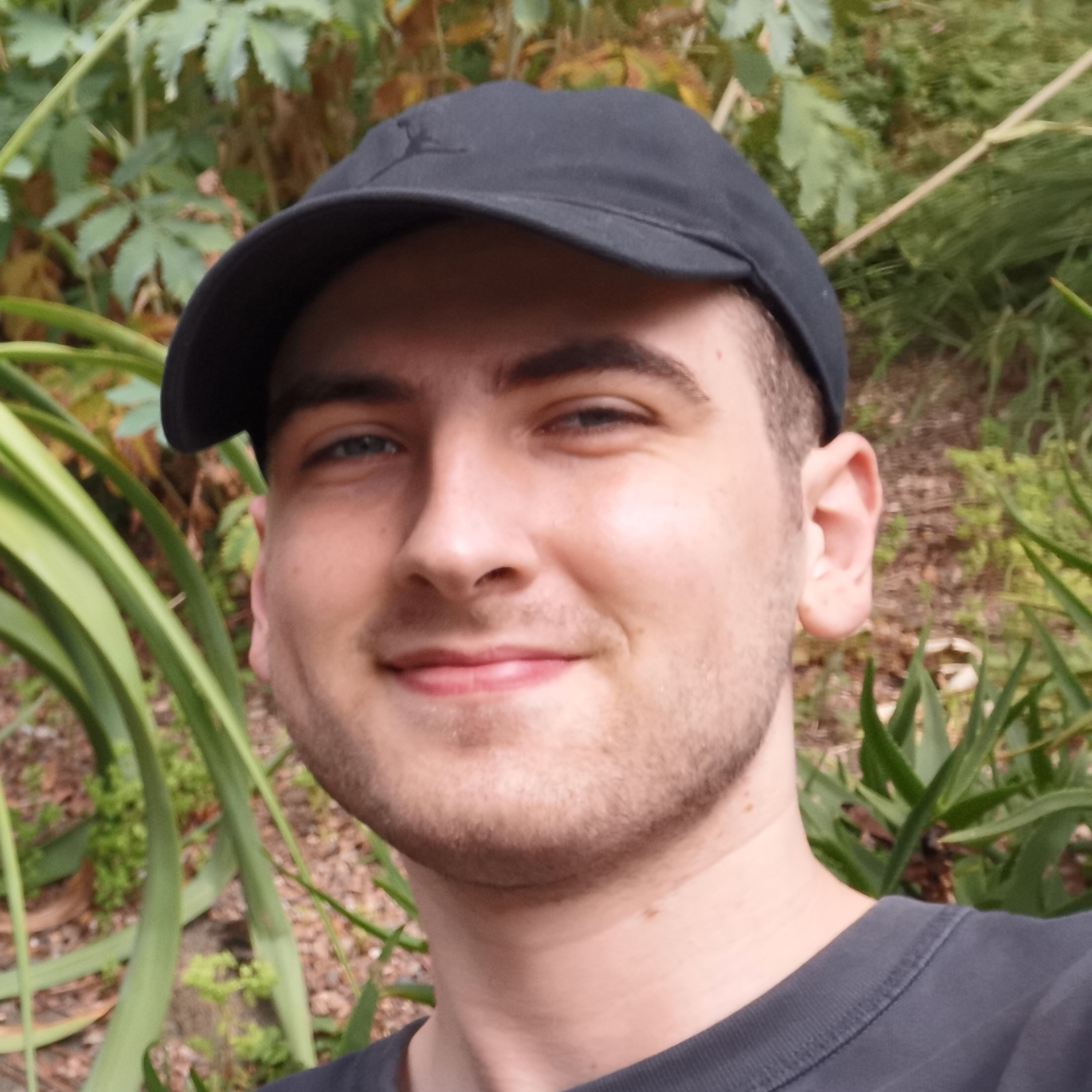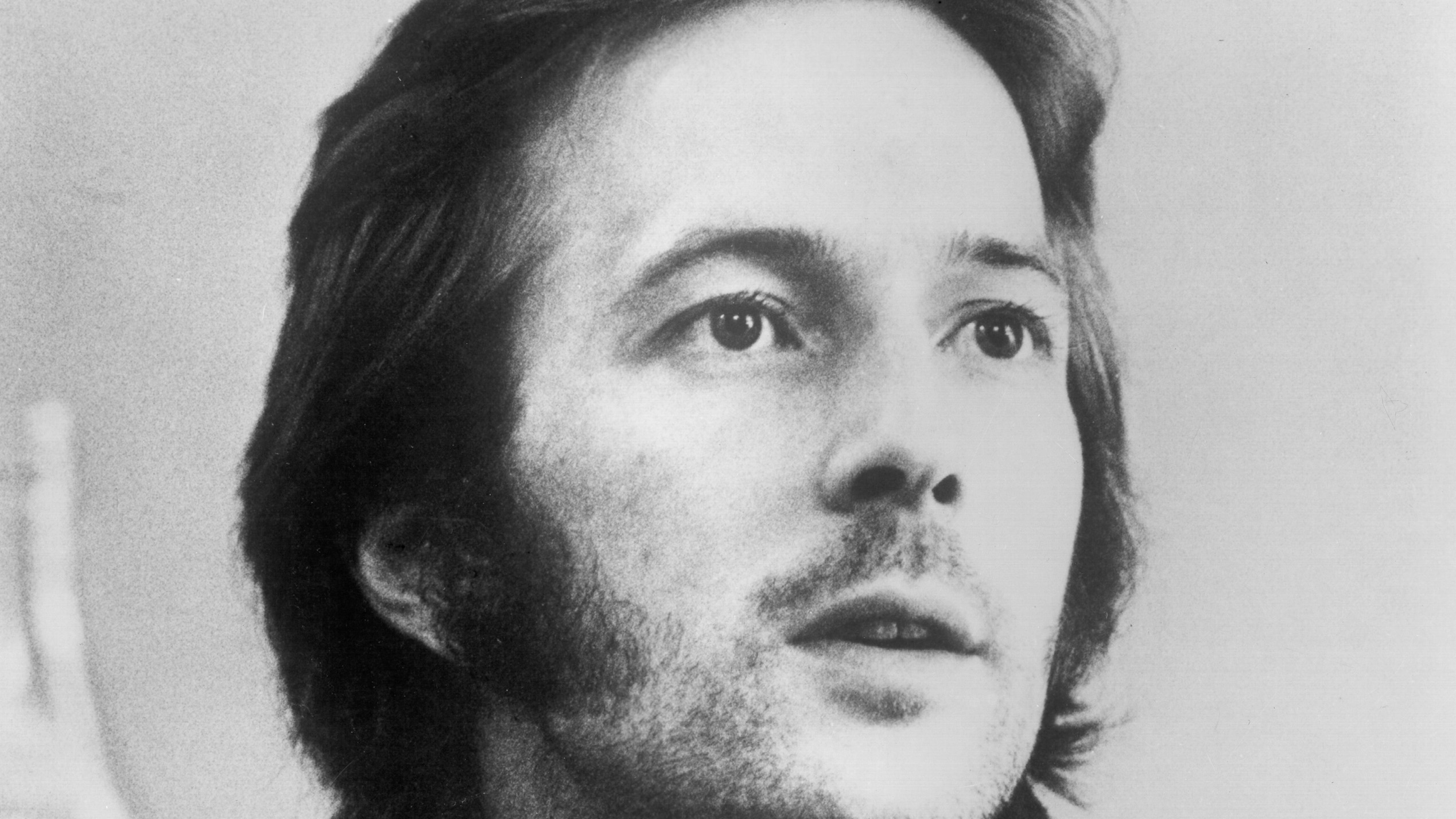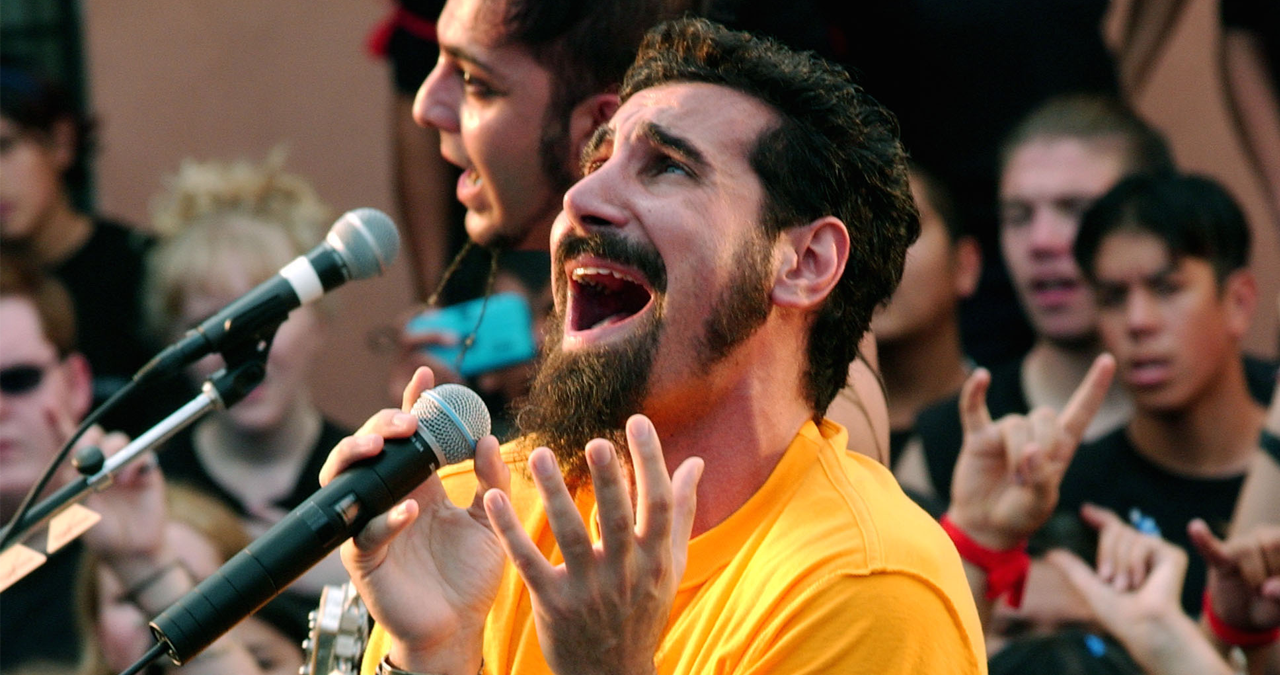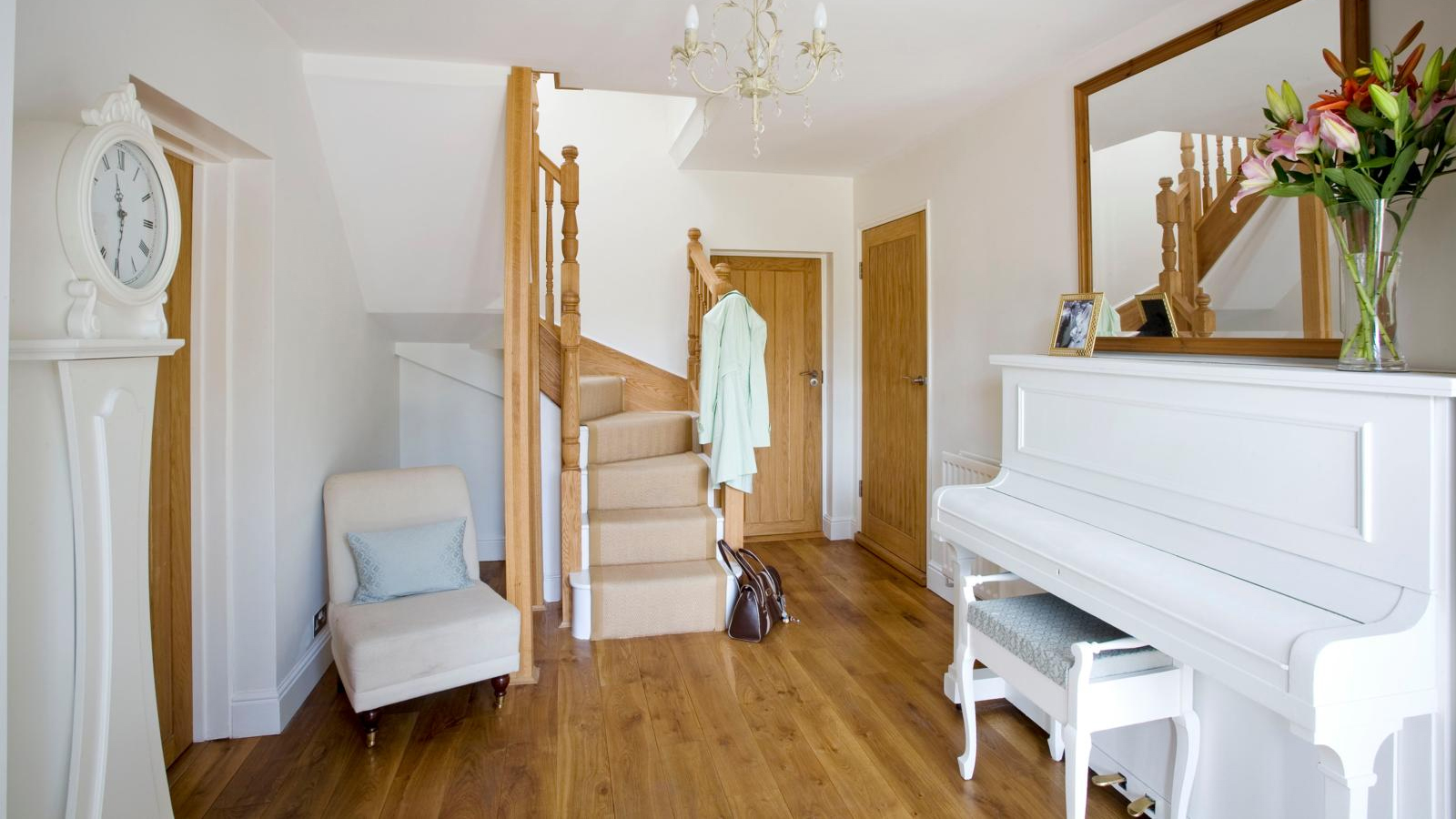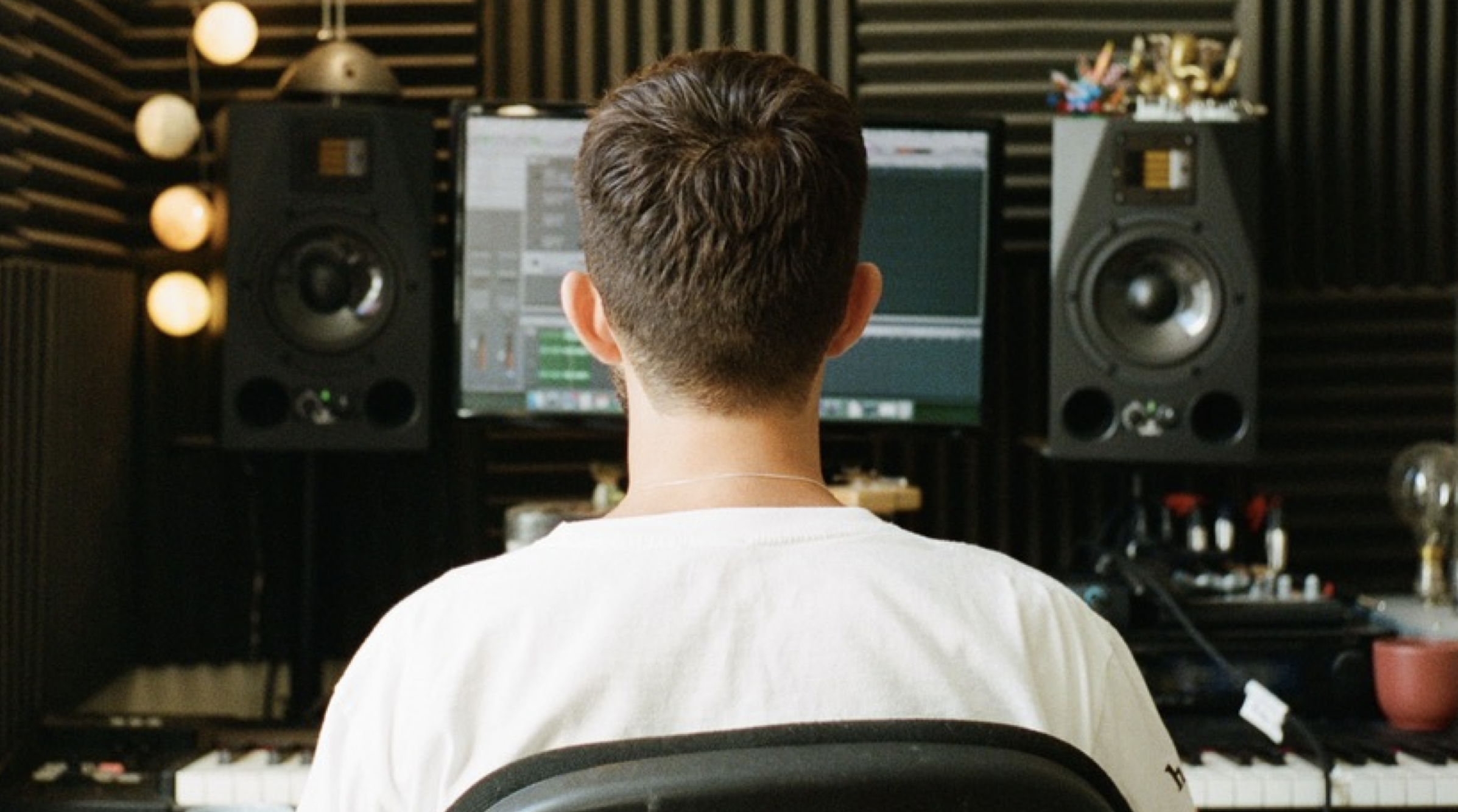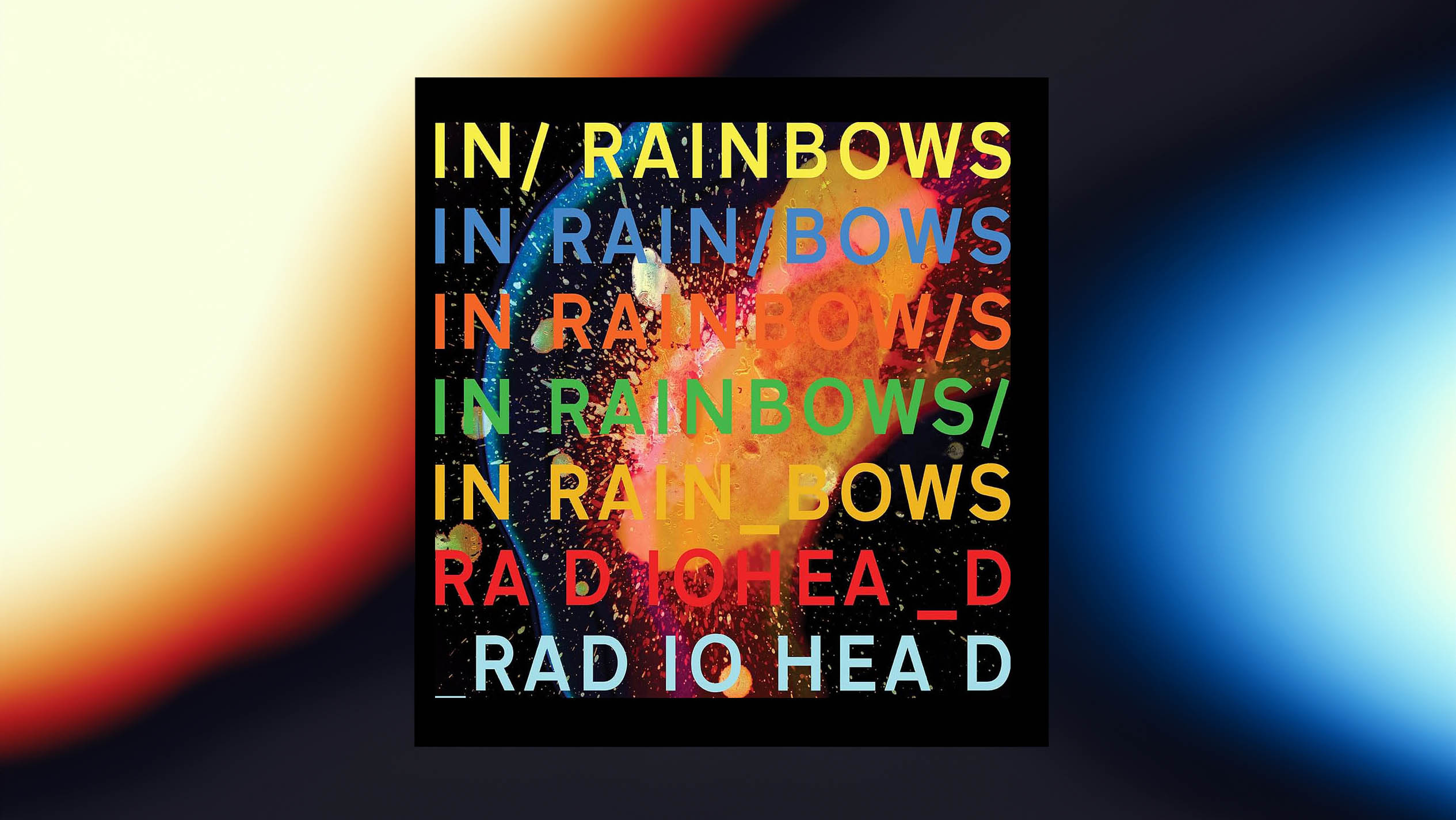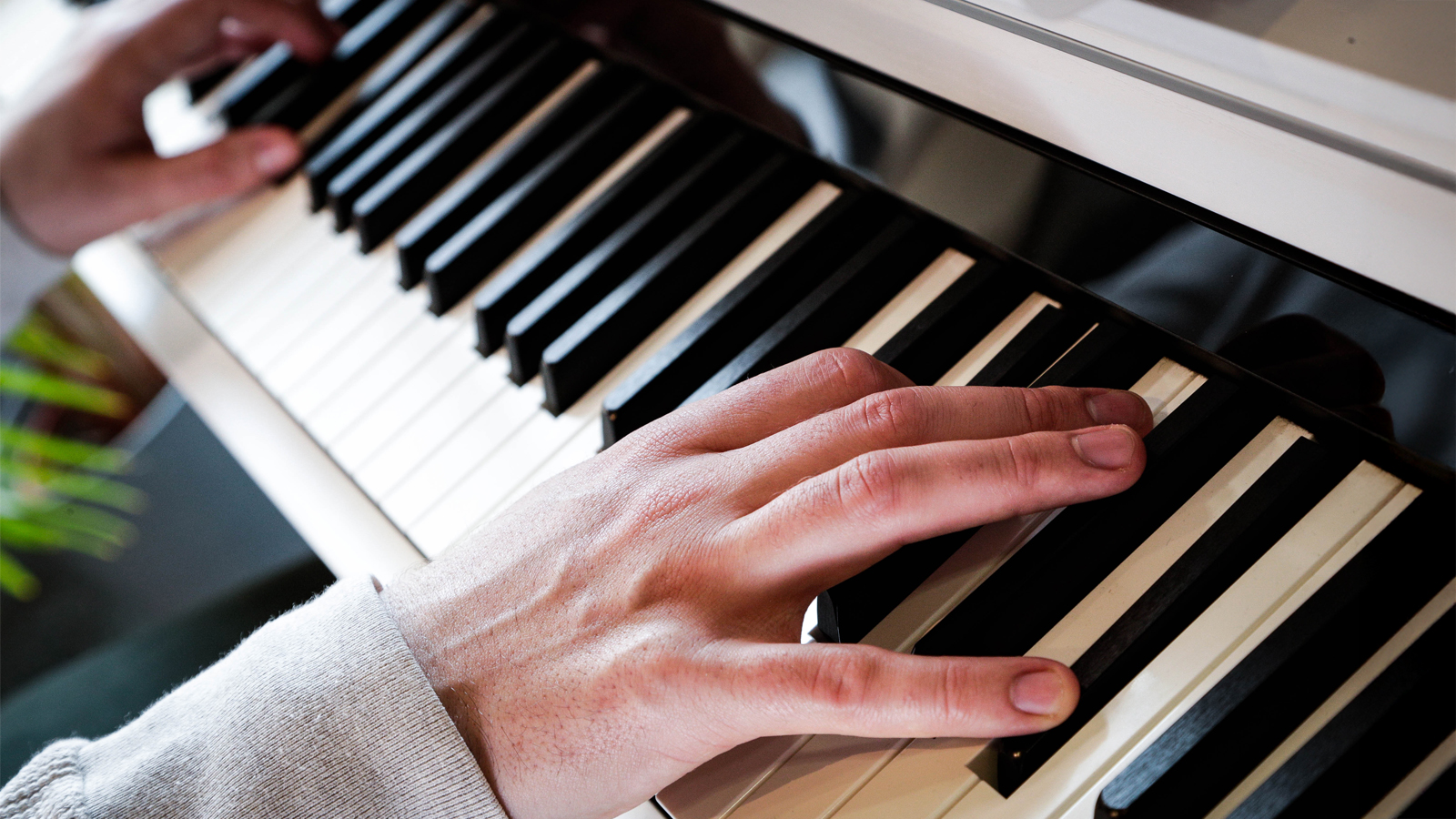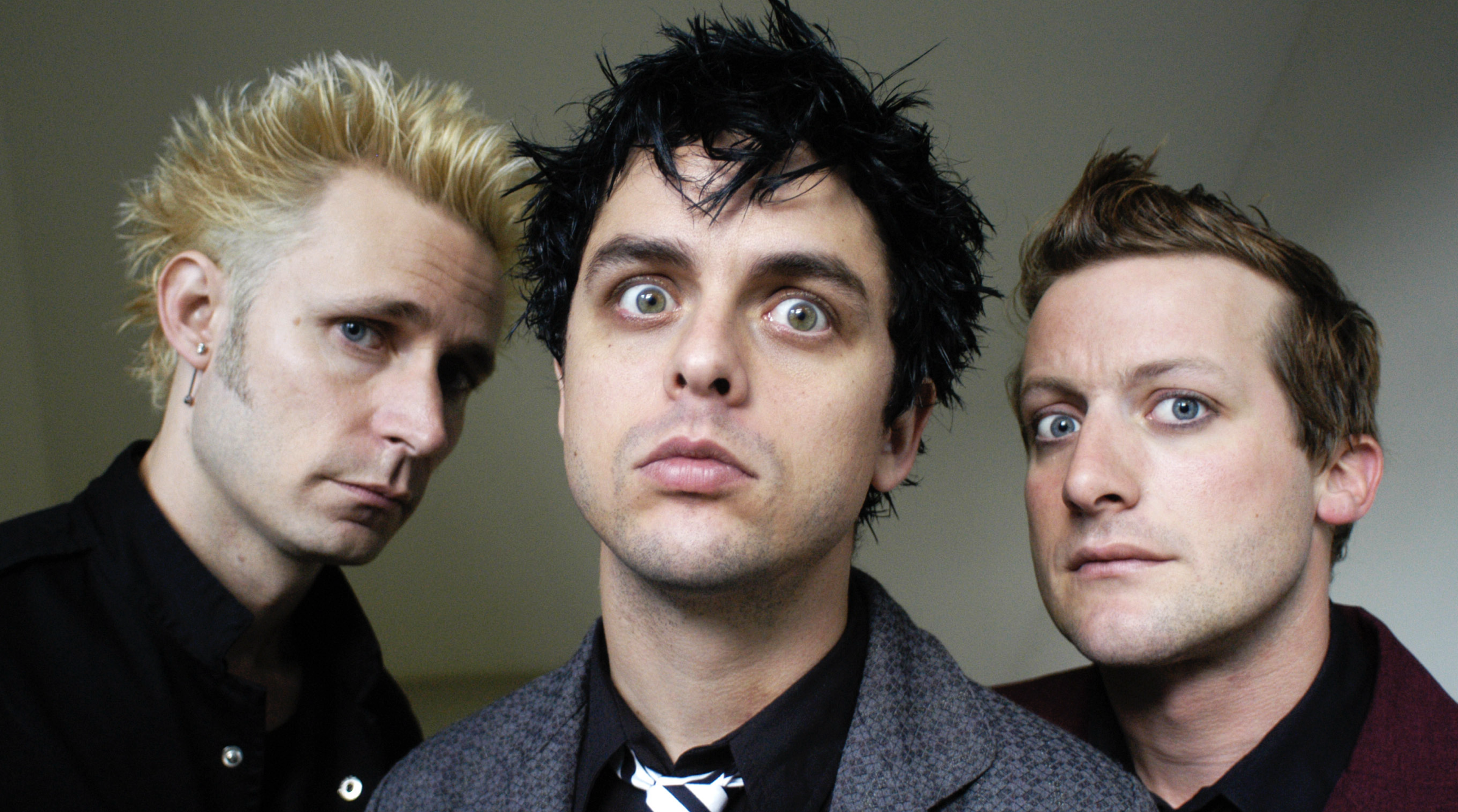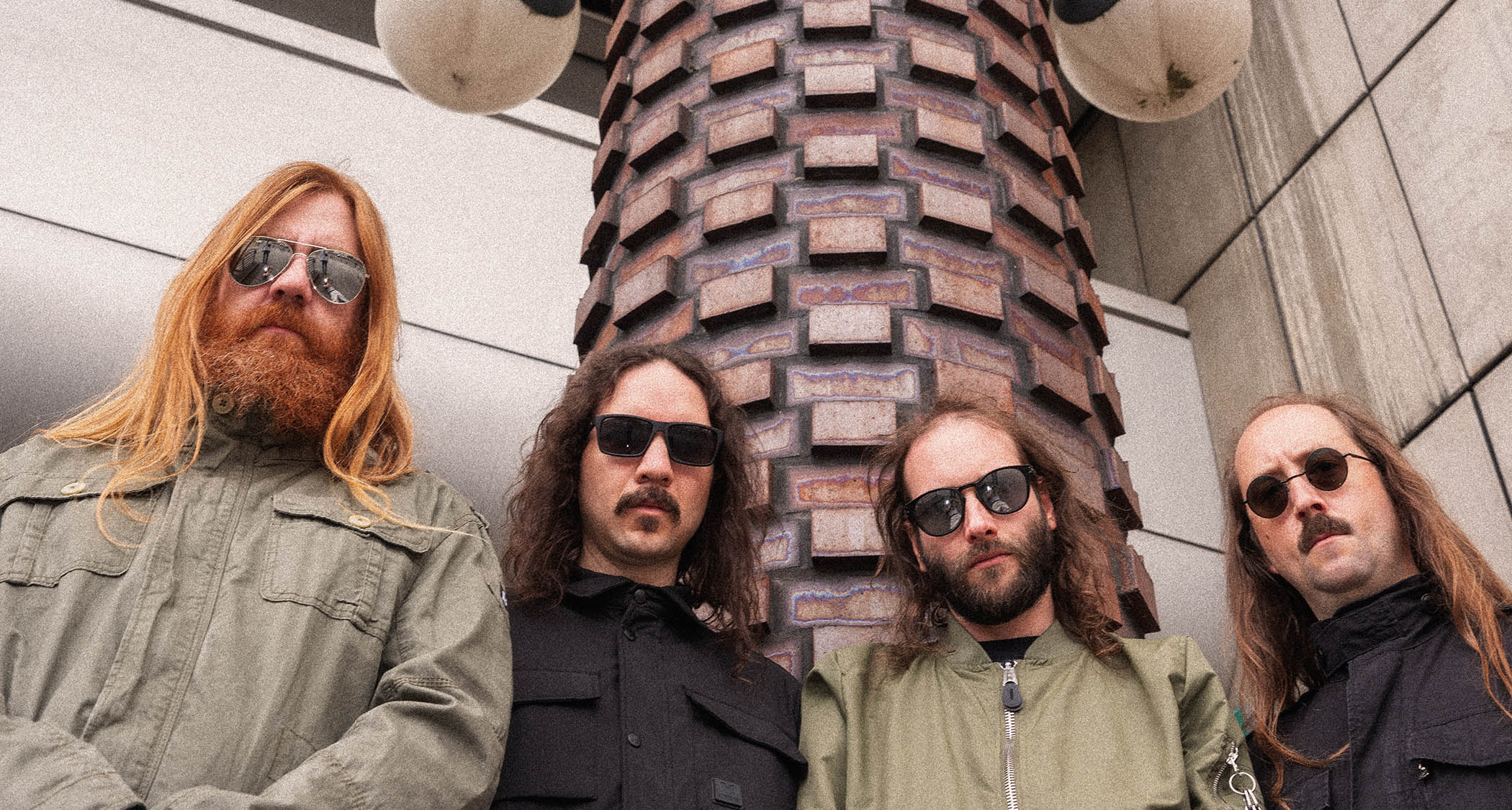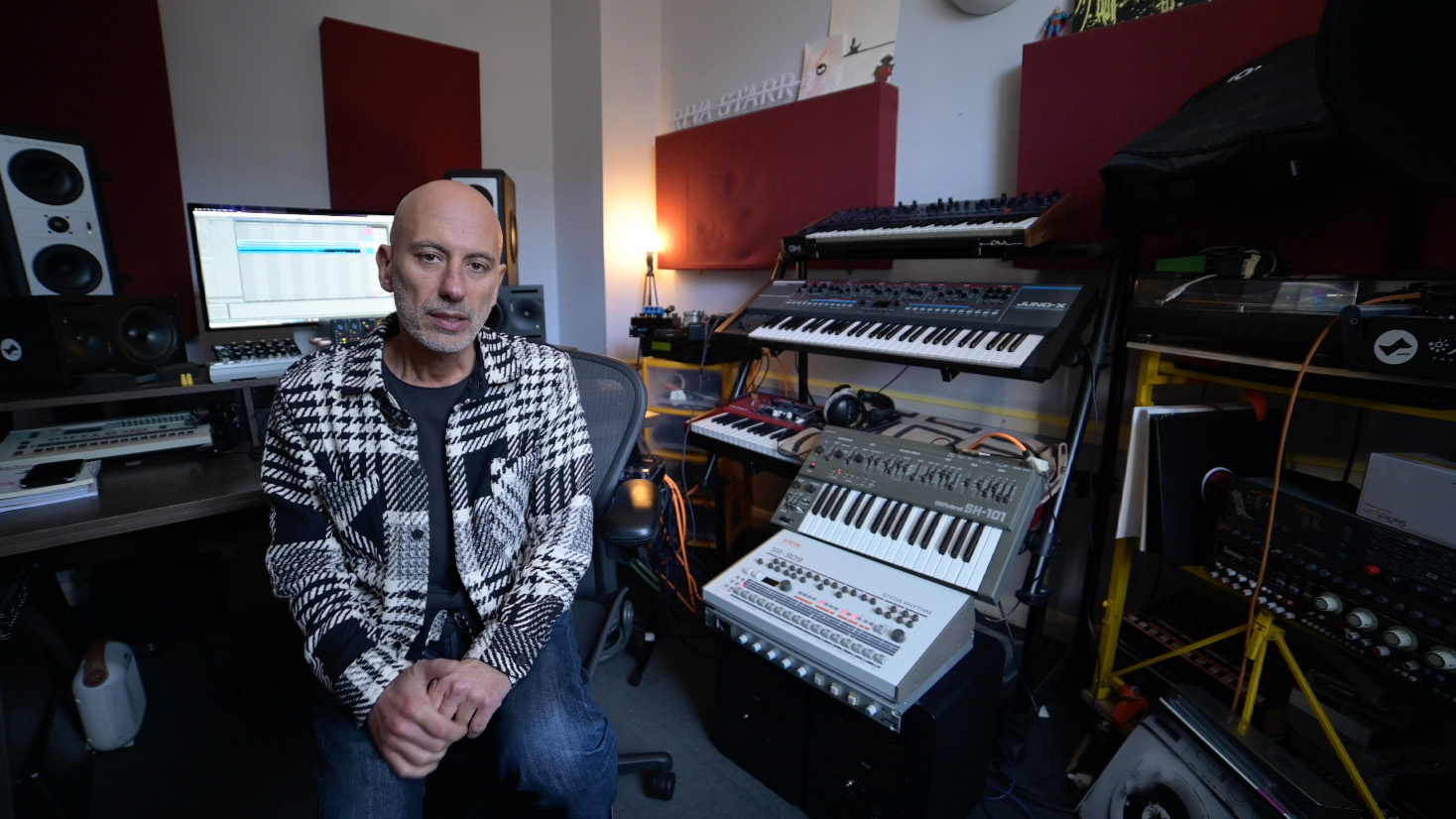“At first people only saw me as grandpa playing music, but then they wanted to listen. They love the banging techno!”: Meet the viral 67-year-old producer raving into retirement - and proving that techno has no age limit
The Last DJ has built an audience of hundreds of thousands performing live electronic music at home. We sit down with the sexagenarian Syntakt fan to find out how he did it
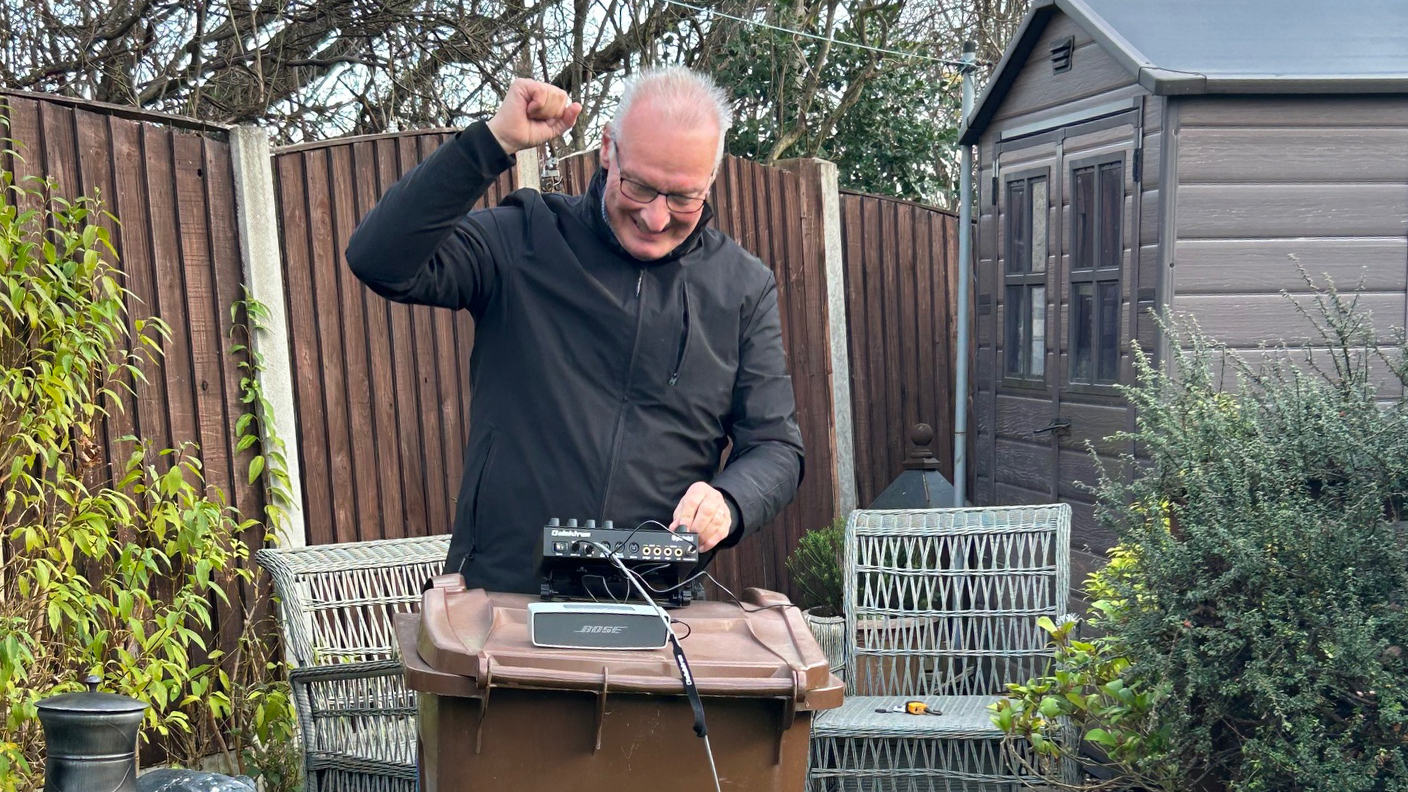
“First of all, I think people watching the video saw me as grandpa playing music, and then suddenly it changed to people wanting to listen. They love the banging techno!”
At 67 years old, Nick Hayes is gearing up for the next stage of his new career as a techno producer and DJ. Since retiring from the auto industry at the end of 2023, The Last DJ (as Hayes is known online) has garnered hundreds of thousands of views with his tutorials and performances on YouTube, Instagram, TikTok, and Threads, where he’s amassed a combined total of 360,000 followers. He beams enthusiasm through my laptop screen, each word brimming with excitement and a palpable passion: “I’m concentrating on writing music – you can get very distracted with social media and everything else, but I’m preparing.”

Having built a personal brand based on friendly tutorials, live sets filmed in the garden, and an intense flavor of hard techno and industrial dance music, Hayes finds himself in high demand. He’s been interviewed by BBC News and featured on music CDM and Cultur Art, and his inbox is full of messages from promoters and radio stations who can’t get enough of his pummelling, industrial beats: “It’s very interesting to get these offers, it’s quite flattering as well – they haven’t even seen my full set, they’ve only seen me play for three minutes. But I’ve decided that I have to do it, I want to do my best at performing live.”
It’s certainly a change of pace for the Wakefield native. Up until the end of last year, Hayes made a living selling brake pads – though he always travelled with a boombox full of dance music. His recent pivot to production marks a proper return to the scene after a decades-long break. “When I left school at 18 I did some DJing,” he tells me, “and then got a job and just stopped doing it. Life took over. It wasn’t until I was 55 years old when I decided to go back to university and do a business degree, and that opened my mind about what I could actually achieve.”
A post shared by Nick Hayes (@the_last_dj_)
A photo posted by on
“I listened to a lot of music, a lot of techno, trance, dance” Hayes continues, “I never really thought I could do it, but the best way to explain it is the technology became available for me to do things. You don’t have to be a musician, or a pianist, or a violinist – the technology is there. When I was 57 or 58 I bought some Traktor decks and started to mix, and was pretty terrible at it to be honest, but what I did discover was that I could actually chop tracks up.”
This revelation – discovering sampling via digital DJing – led Hayes on a path to Serato Studio, a DAW designed with DJs in mind that focuses heavily on chopping and remixing tracks – shortly after, he placed eighth in a beatmaking contest held by Serato to promote the software.
“It inspired me a lot, but I almost felt I ran out of ideas with the software. I moved to FL Studio, but then I saw a YouTube video with somebody using a synthesizer, and I could see the emotion and power attached to a machine to produce music,” Hayes adds. He tells me that his first foray into hardware was the Elektron Digitone FM synthesizer, soon swapped out for the newer and more holistic Syntakt groovebox.
Get the MusicRadar Newsletter
Want all the hottest music and gear news, reviews, deals, features and more, direct to your inbox? Sign up here.
It’s this, the 12-track Elektron Syntakt, replete with sampler, synthesizer, and sequencer capabilities, that now sits at the very center of The Last DJ’s creative system. “The main thing was the sequencer, it’s got a beautiful sequencer,” he explains, “The Syntakt has got 12 tracks you can play around with – and I got into it quite easily as well. Sometimes people say it’s hard to learn when you’re at my age, so you have to make sure you pick the right equipment. I’m not too worried about all the LFOs and oscillators, I’m just focused on the end result – the end result is so important to me.”
A visit to Hayes’ TikTok, Instagram, or YouTube pages makes it clear that he’s mastered the art of producing heavy and unpredictable techno with just the Syntakt, flying through the menus to conjure raucous bass lines and machinic percussion. “Sometimes I can create a complete track in 15 minutes, it can happen so quick,” Hayes comments, adding that he’s written three tracks in the last week. The Last DJ’s process is one that constantly reworks the basic grooves of techno into something new: “I look for a very, very specific sound or preset, and I’ll then try to destroy that and make it my own, and build the whole track around it.”
The Syntakt’s portability counts extra in Hayes’ case – his habit of setting up the groovebox on top of a wheelie bin in the garden has evolved into one of his most memorable video formats: “It was purely out of need! I didn’t have a stand to put my music [gear] on, and the dustbin men had just been. I just ran round with my tripod, picked a track, and pressed play. People love the wheelie bin performances – I did one in the shed, but that didn’t go down too well.”
The Syntakt is joined in Hayes’ workflow by just a couple other machines, the Behringer TD-3 (a clone of the legendary Roland TB-303), Korg NTS-3 Kaoss Pad, and the Roland Sh-4D groovebox – though he does mention a Native Instruments Maschine MkIII that’s been consigned to the loft. “If it’s going to be the Roland, I will just make a complete track on the Roland,” he explains, “the only exception to that is when I’m doing some acid music, I’ll connect the TD-3 to either the Syntakt or the Roland, because you need some drums, something to go with it. I don’t tend to connect the machines together, but I am going to do a lot more of that.”
Equally compact as Hayes’ gear rider is the list of influences that inspires The Last DJ project. Armin van Buuren, Paul van Dyke, Christopher Lawrence and Tiesto are all named as artists of his era, as well as the Global Underground collective, but when it comes to the present day two artists get a special mention: “Amelie Lens and Nina Kraviz, they’re the only two. Amelie Lens definitely inspires me – during COVID she played a vinyl-only set in her front room, and it just blew me away.” It’s easy to hear these influences in The Last DJ’s output, from the rapid-fire variations of Lens’ Breathe to the percussive pulse of Kraviz’ “hot steel” mix.
As much as Hayes’ stripped-back techno sound and ethos of pushing against stereotypes recalls pioneering Detroit techno movement Underground Resistance, it seems he’s never so much as heard of Jeff Mills – a fact that speaks to his music-first, artist-second style of digging: “I don’t spend a lot of time checking other DJs out, I just like to listen to techno [...] I listen to a lot of internet radio, so I don’t necessarily know who’s playing. It’s more about the sound, the end result.” This is backed up by the absence of other social media stars from our chat – there’s no mention of contemporaries like dancing dad-turned-DJ Fish56Octagon, or indeed more conventional dance artists who’ve documented their rise over the digital airwaves, like Jyoty or Nia Archives.
Hayes tells me that being based on social media has also influenced his creative output: “When I started on Instagram, you only had 90 seconds, and you get a three minute window now. I started to understand how to write a track that would get people’s attention, that they’d enjoy and not feel rushed – I had to look at how to produce a four-minute track in 90 seconds.”
“If I’m doing a social media video,” he explains, “I’ll look for where the hook might be. Sometimes I get very frustrated with myself because I’ll rewrite it and think ‘this isn’t good enough for social media’, but I’m just taking it in my stride.” Hayes tells me that advice from peers has helped him deal with the pressure of hundreds of thousands of followers: “always complete the music, always focus on the music, always enjoy the music.”
People put barriers in the way, because I think that dance music is just left to young people. But I try to take away people’s barriers, and I try to help people
Of course, the flip side of working to social media means an expanded connection with listeners worldwide, and in Hayes’ case the ability to break down barriers and show people that music production knows no age: “At first, I was overwhelmed by the comments on social media, and then it became a pleasure, because of people asking me how they could start to make music, and if they’re too old to make music [...] I’m 67 now, and I just wanted to do it. I think people do put barriers in the way, because I think that dance music is just left to young people. But I try to take away people’s barriers, and I try to help people.”
He tells me that the light-hearted additions to his videos, such as stuffed sidekick Bert the teddy bear and his rotating wardrobe of costumes, are meant to keep things feeling relatable and accessible: “People can relate to a soft toy! They’ve asked me so many questions about Bert.” He mentions that his drive to produce tutorials stems from his own experiences learning over the internet: “A lot of people [are] hopefully getting back into the music because I’ve helped them,” he adds, “they realise they just want to get on with it.”
As our conversation continues the idea of age itself fades away next to Hayes’ effervescent energy and total love for the music. Every part of the process seems to excite him more than the last, and I can sense his joy at having reconnected with dance music. It’s this which leads him to encourage people of all ages to get into the craft for themselves: “When I was [performing] in Meadowhall the other week, a guy came up to me and said ‘I’m 45 years old. I’ve got over 2000 albums, and I haven’t played them because I feel embarrassed’ – and I say ‘please play them, please start mixing again, please do this.’”
Having conquered production, and hopefully inspired fans of all ages, The Last DJ’s sights are firmly set on the world of live performance. Hayes tells me his first recent taste of playing live – facilitated by local promoter and synthesizer club Electronica North – has motivated him to develop a proper live show: “When I performed at Electronica North, what blew me away was the sound system. It’s okay playing in your bedroom, but when you’re on stage with a full sound system it’s quite a funny experience. The lights are so bright, you’ve got two monitors – I just love the whole experience.”
“That’s my next ambition,” he continues, “to play live and make sure that people are happy with what I’m playing. I’m working on three different sets at the moment, probably about 30 minutes [each]... making sure it all fits together.” Of the 200 or so tracks on Hayes’ streaming pages, 30 are said to be stage-ready, and Hayes has a new set-up in mind (inspired by a social media commenter) to bring it all to life: “Two Syntakts and a mixer in the middle.”
Again, The Last DJ finds himself at the cutting edge, driven there by his passion for the craft. In recent years, leading dance acts like Carl Cox, Fred Again, and Overmono have increasingly eschewed the decks for synthesizers, pad controllers, and other live performance kit – something Hayes wants to see more of: “I really wish more DJs would attach a drum machine or a Push 3 or some kind of active machine,” says Hayes, “it will really make their performance unique.”
For now, though, Nick Hayes is doing what he does best: making hard-hitting techno and industrial dance music for a growing audience of music-loving fans, and getting lost in the deep power of the Syntakt. “Sometimes I’ll start to create music, and it won’t actually happen until the fifth or sixth pattern. I find what I like and delete everything else, and I’ll drop that into pattern one. Sometimes I’ll get frustrated if I can’t find it, so when I do find that kick, find that melody, I’ll try and destroy it and make it my own or create it from scratch.
“The inner feeling of that, when you get that moment, it’s fantastic. I just forget, and I start to produce the next pattern, the next track, the next bit of music, and all of a sudden I’ve got two minutes created. It’s a great emotional feeling – you just lose yourself in the music.”
Follow The Last DJ on Instagram or subscribe to his YouTube channel.
Jamie Richards is a freelance contributor to MusicRadar. He's been writing about music on various blogs since 2020 and currently works as a Staff Writer at TechRadar. Jamie's living space has been filling up with music making equipment for the past few years, though he's especially obsessed with analogue synthesizers and DJ equipment. He can often be found trying to escape the 4-bar loop on Ableton Live or DJing at various clubs and bars around London.
"There had to be some sort of telepathy going on because I've never seen spontaneous inspiration happen at that level”: The genius of Eric Clapton's controversial masterpiece, Layla
"I said, ‘What’s that?!’ He looked at me strange and said, ‘We’re line checking. We’ll be gone in five minutes’. I said, ‘You won’t - meet me in that room in 10 minutes’": How a happy synth accident inspired a US number 1 single for Terence Trent D’Arby




